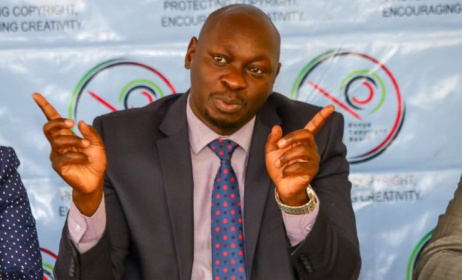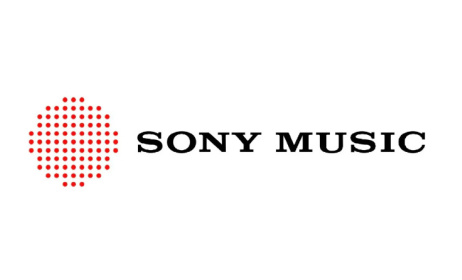Kenyan artists to hold demo over poor royalties
Music artists in Kenya are set to hold a demonstration in Nairobi on 5 March to highlight the issues negatively affecting them and advocate for their rights.
 Music Associations Alliance of Kenya chairman Justus Ngemu.
Music Associations Alliance of Kenya chairman Justus Ngemu.
The march, organised by the Music Associations Alliance of Kenya (MAAK), will seek to petition the government to tackle challenges confronting the artistic community and put in place measures to bolster and empower it.
Running under the hashtags #ArtistsDemo and #PesaKwaMsanii (money for the artist), the protest will specifically shed light on the financial hardships many musicians are facing largely due to poor royalties payouts by the collective management organisations (CMOs).
Over the years, Kenyan musicians have accused the CMOs of lack of transparency and accountability in the manner they collect and distribute royalties, and have consistently called for an overhaul of the sector.
“We are doing this for the love of the industry and the need to positively impact talent and support dignified livelihoods of all stakeholders in the music and creative industry,” MAAK national chairman Justus Ngemu said on the reason for hosting the demo.
“Throughout our struggle, we have had to endure ridicule and other forms of societal pressures that have led some of our colleagues to their graves as talented paupers. Some have resorted to finding solace in drug and substance abuse as they languish in abject poverty while CMO officials continue to enrich themselves courtesy of our sweat and talent.”
On 21 February, the Kenya Copyright Board (KECOBO) revealed that Kenyan artists were paid less than 10% of the royalties that were due to them in 2023.
The regulator said Kenya’s three licensed CMOs – the Music Copyright Society of Kenya (MCSK), the Kenya Association of Music Producers (KAMP) and the Performers Rights Society of Kenya (PRISK) – jointly distributed about Ksh26m ($178 000) in 2023 to artists instead of Ksh180m.
As part of measures aimed at reforming the music royalties’ collection and distribution sector, KECOBO has now tabled sweeping proposals including the formation of a single state-led CMO through the repeal and replacement of the Copyright Act through the Copyright and Related Rights Bill 2023, which is awaiting Cabinet approval. It is also pushing for all performance and mechanical royalty collections to be submitted through the government’s eCitizen portal to improve accountability.
However, KAMP, through its chairperson Angela Ndambuki, has termed KECOBO’s numbers incorrect as it did not consider all the documents the CMO had submitted with the regulator.
“This essentially means that KAMP’s distributable income stood at 41% and not 10% as highlighted,” she told Music In Africa. “It may not be the desired 70% but we are well on our way to achieving the targets with improved tariffs and structures. This is exhibited by this year’s performance where for the first time KAMP began the year on a positive note by putting aside 61% for distribution.”
Ndambuki added: “Throughout the years, KAMP has responded to all of KECOBO’s requests and clarified any misconceptions including the forensic audit. We have kept KECOBO apprised of all the challenges we have faced and have worked closely with KECOBO to streamline collective management including improving tariffs and distribution.”
In July 2023, Ndambuki responded to a forensic audit that was made public by Kenyan media implicating KAMP and PRISK for failing to remit millions of shillings in royalties to artists.
MAAK is an NPO representing the interests of artists, musicians and copyright owners in Kenya. It promotes fair practices and advocates for artists’ rights, and is lobbying for legislation that would compel CMOs to distribute a minimum of 70% of collected royalties to artists. Currently, the majority of CMOs allocate a significant portion of the collected revenue to administrative expenses.



































Comments
Log in or register to post comments